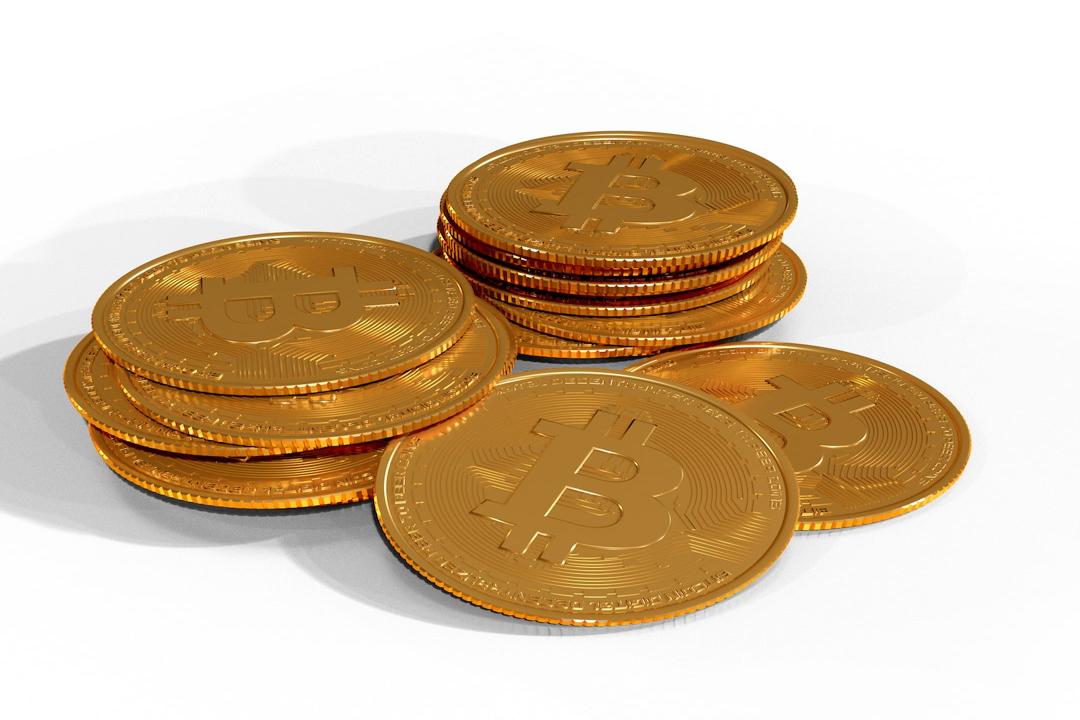This week, a demon stock in the Indian stock market, Elcid Investments, skyrocketed by 6,692,535% in a single day, setting a record for the highest single-day stock price increase globally.
More absurd than cryptocurrencies, India has witnessed a demon stock, Elcid Investments, a non-banking financial company headquartered in Mumbai. On October 29th, the stock price surged from 3.53 Indian Rupees (approximately 1.34 New Taiwan Dollars) to 236,250 Indian Rupees (89,683 New Taiwan Dollars), with a staggering increase of 6,692,535%, setting the record for the highest single-day stock price increase globally.
By the end of the trading day on the 1st, Elcid’s stock price continued to soar to 260,465 Indian Rupees, an increase of over 73,786 times from the low point on the 29th. The total market value is now close to 50 billion Indian Rupees (approximately 189.8 billion New Taiwan Dollars), surpassing the per-share price of tire giant MRF at 122,524 Indian Rupees, making it the highest per-share price company in India, attracting global attention.
Reasons for the demon stock’s 730,000-fold surge in India
Business Standard reported that Elcid, headquartered in Mumbai, India, is primarily engaged in investment in stocks, bonds, mutual funds, and other financial assets, closely related to India’s largest paint company, Asian Paints.
As of September 30, 2024, Elcid Investments has issued 200,000 shares, with the founder of Asian Paints holding 75%, or 150,000 shares. Other major shareholders include Hydra Trading and 3A Capital, holding 16.65%, while another 284 individual shareholders collectively hold 7.43%.
It is noteworthy that the sudden surge of Elcid this week was mainly driven by Indian regulatory authorities. In the past year, Elcid’s stock price has been frozen at around 3 Indian Rupees per share, but its book value per share is as high as 585,225 Indian Rupees. SAMCO Securities stated that such a huge gap has led existing shareholders to be unwilling to sell their holdings at such a low price, resulting in almost no trading volume for the stock since 2011.
To address the issue of significant discounts in stock prices compared to book values, the Securities and Exchange Board of India (SEBI) instructed the Mumbai Stock Exchange to hold a “special call auction” allowing “trading without price bands” to help improve liquidity and discover fair prices for these stocks, bringing their stock prices closer to their book values. After the auction on October 28th, Elcid’s stock price surged by a large margin of 669 times.
However, cases like Elcid’s fall under “early value discovery,” similar to Bitcoin’s skyrocketing process over the past decade. In fact, the increase is not greater than that of Bitcoin, which has increased by at least 460,000 times since its first public trading price on Mt. Gox, demonstrating the significant discovery returns brought about by potential technological and informational asymmetries in unknown fields.
Foreign capital crazily flowing out of the Indian stock market, turning to China
On the other hand, many foreign media outlets have pointed out that the Indian stock market has continued to decline since October. According to Nikkei reports, as of October 29th, foreign institutional investors sold 909.3 billion Indian Rupees (approximately 245 billion New Taiwan Dollars) worth of Indian stocks, causing the main stock index SENSEX to drop by nearly 5%.
If calculated on a monthly basis, foreign capital is flowing out at a historically high rate and flowing into the previously oversold Chinese stock market. HSBC stated that global institutional investors are raising funds from the stock markets of India, South Korea, and Taiwan to invest in the Chinese stock market, with the most funds being withdrawn from the Indian stock market.
Many analysts believe that due to the overvaluation of the Indian stock market and the economic recovery prospects brought about by China’s massive liquidity injection, the divestment of foreign capital from Indian stocks will continue.


